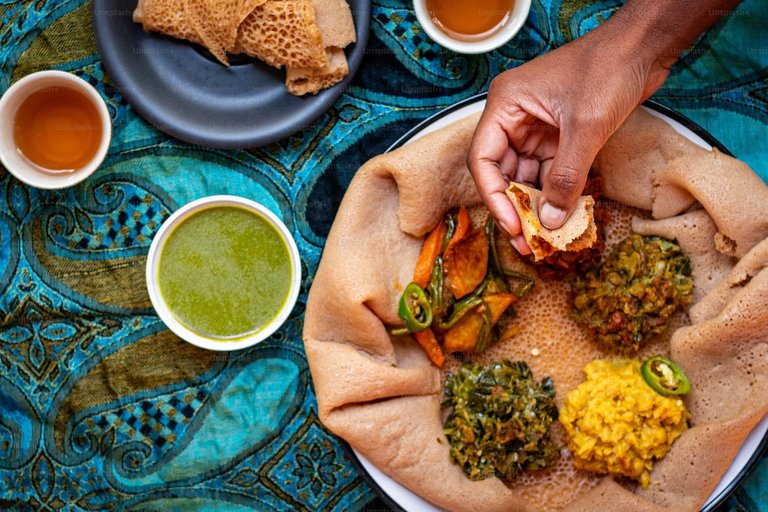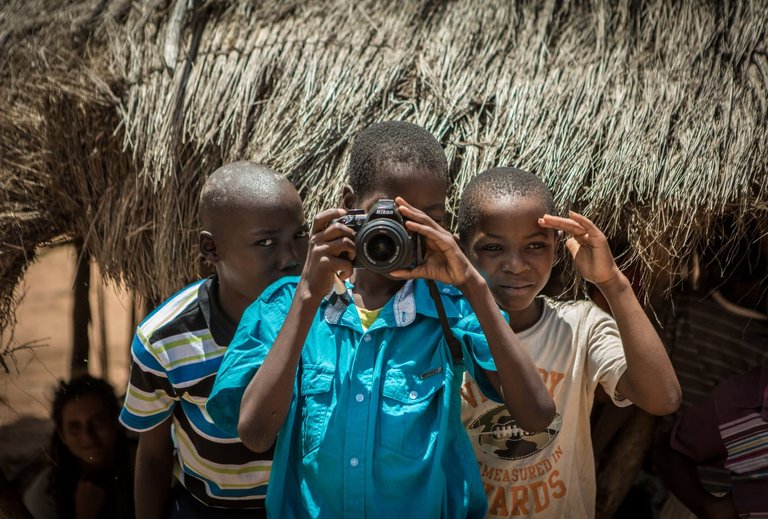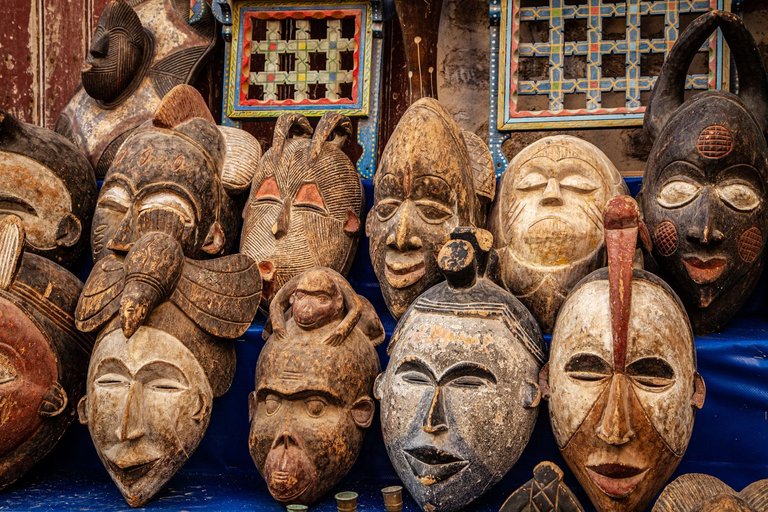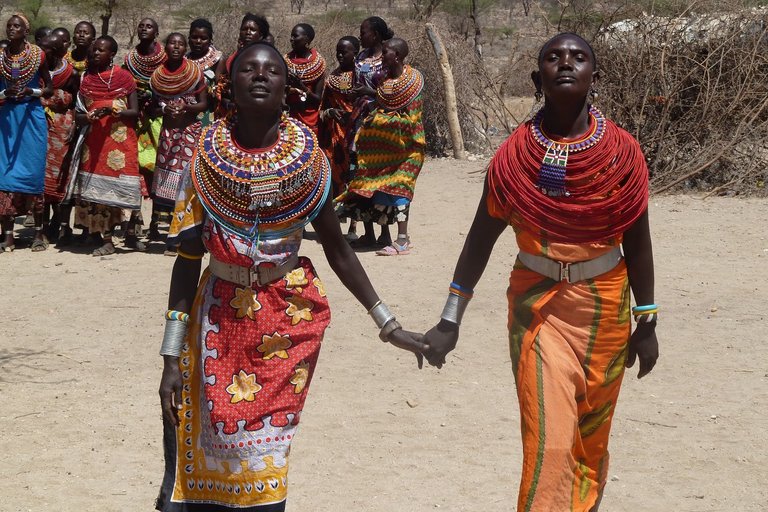When I was teaching myself psychiatry by reading a psychiatry text and writing on Hive, I tried to find information on ancient practices that were linked to how we handled mental health. This was a failed mission because I tried to go after mental institutions in Africa as opposed to what we did culturally. What we did culturally as humans was a lot I'm sure Africa has a big story to tell.
With no judgement of the old cultural practices, I understand why these practices had to become obsolete. There are many things that were done in Africa we can look back on and call evil but I'm not here to do that. I am more interested in why these things were done. "Why" points to a reason however flawed it might be.
There are many things in the future that we will realise were not so good for us right now but there is this mentality that people portray that they would have somehow known better if they were put in the same situation as their forefathers. Oddly, you would have been doing the same thing people in the past were doing if you were born in the past and being born now doesn't magically make you enlightened.
I'm very interested in the African story and given that you clicked on this post, I think you are too.
I already explained that I would be sticking with culture and I am doing so for 2 reasons that are based on the abstract of the book,
The Cultural Animal: Human Nature, Meaning, and Social Life
Roy F. Baumeister
- Humans base our culture on the shared understanding of what life is. The shared culture enables us to live the same way with each other.
- We lay down information based on culture. So not only are we perceiving a way of life, but we eventually share it.
As with issues of the mind, every pathology starts with either a Biological path, psychological path or a Social path.
Medicine, Food and Biology

Though African medicine is not seen or practised in the same sense in the modern world, there was medicine being practised prior to contact with Europeans. Similar to the times before the scientific revolution, observations were made about the world and action was taken to deal with medical problems.
The problem was that understanding nature in this part of the world was not going towards the scientific methods. There was a recognition of the ramifications of not adhering to certain practices such as not using the left hand for interacting with other people. It keeps society safe from micro-organisms but some people till date don't realize the importance of this and others still practice it and both of them are wrong.
Through our studies, we now know that processed garri or cassava has less cyanide than unprocessed cassava. Cyanide poisoning can demn well lead to blindness. This probably took centuries to know and perfect.
In whatever primitive way, Africans managed to figure out that there was a relationship between certain variables and others and did so to make life easier for themselves.
In Nigeria, we are facing problems as there are less than 300 qualified psychiatrists in the country catering for 200 million people. The left-hand discriminating traditional healers are the main sources of treatment in the country .
Religion, Art Expression and The Mind
The African mind is possessed with sophistication just like every other human mind, but judging from the god we worshipped and the art we created, one could assume that we lived much simpler lives. But times were complex if not religion and art would not be necessary.
Relating the kind of art you find to the Psychology of the Africans, we can see that religion holds a special place in the minds of Africans.
Modern psychologists have only recently connected the dots between mental well-being and religion. By not letting the emotions take full control over the mind, the African uses region to discipline the mind.
Religion from the perspective of the West is mostly Christian but there is no central African religion even though the religious practices share a lot of similarities. The religious practices right from time have included a diverse set of beliefs including the more popular Abrahamic religions.
When art was not directed to the gods it was towards the fertility of women, the strength of the tribe's men and the observation of the foreigner. The African culture as it were in the past was not one to romanticise love that might have had roots elsewhere not here.
As such the involvement of the mind in more warm/nurturing philosophies has only come in more recent times and related to modern culture there is the air of what would be described as misogyny which is not it at all. How can you define something that requires ill will that has none of that in its intent?
Commuinty, Marriage and Society
Africa differs from the rest of the world in its views of family but it shares the same makeup. One man and one woman or many women and children. Families were mostly polygamous in ancient times but are now more monogamous.
The main difference between Western Societies and African Societies is Individualism. Everyone is a stand-alone in Western culture but in African culture, the individual is an extension of the community.
This has a lot of benefits as unmarried children who live with their parents. You never have to feel alone because you have a community that cares but this also leads to a lot of expectations and disappointment and the resultant effect on the mind.
Marriage is seen as a way to build society in Africa rather than a service of self or the individual. The question is not what can this marriage do for me but what can it do for my community and this translates into the decision-making processes seen in Africa .
The Implications
What does it mean for the Africans to think in this sense? what are the processes that surround the African's mind?
His health and well-being, his religion and creativity and his social connections, however flawly conceptualized nonetheless is an aspect of his healthy thoughts. To put him in a state of chaos, it would most likely start from one of these parts.
There is no difference with the mind of the African is no different from any other and a decline in mental health can follow similar patterns regardless of where you find it. This is why we have to keep the baby and throw the bath water away when it comes to culture and society.







